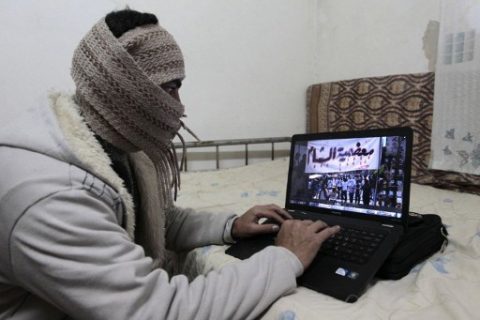
WASHINGTON, United States (AFP) — The United States may soon expand its ban on air passengers carrying computers on board on US-bound flights, Homeland Security Secretary John Kelly said Wednesday.
The threat of a terror group trying to blow up an aircraft mid-flight is constant, he told a Senate hearing on border security, suggesting that the current ban might not have gone far enough.
“It’s real, I think it’s getting realer,” he said of the threat.
“We may take measures in the not-too-distant future to expand the number of airports.”
Last month, Washington banned passengers on direct flights to the US from 10 airports in eight countries from carrying on board laptop computers, tablets and other electronic devices larger than cellphones.
The affected airports are in Turkey, North Africa and the Middle East.
Britain followed with a similar ban applying to incoming flights from six Middle East and North African countries.
The move, which forces passengers to put their devices into checked baggage, came as counter-terror officials developed concerns that jihadist groups were devising bombs disguised as batteries in consumer electronics.
A bomb that blew a hole in the fuselage of a Somalian airline in February 2016, killing one person, is believed to have been built into a laptop computer carried into the passenger cabin.
Dozens of terrorist cells discuss such attacks “on any given day,” Kelly said.
“You just watch them over time and see if they go from talking to actually doing something,” he said. “There is a real threat all of the time.”
“If we cannot get our arms around the current threat, you can expect additional protocol adjustments in the very near future,” he added of the computer restrictions.







